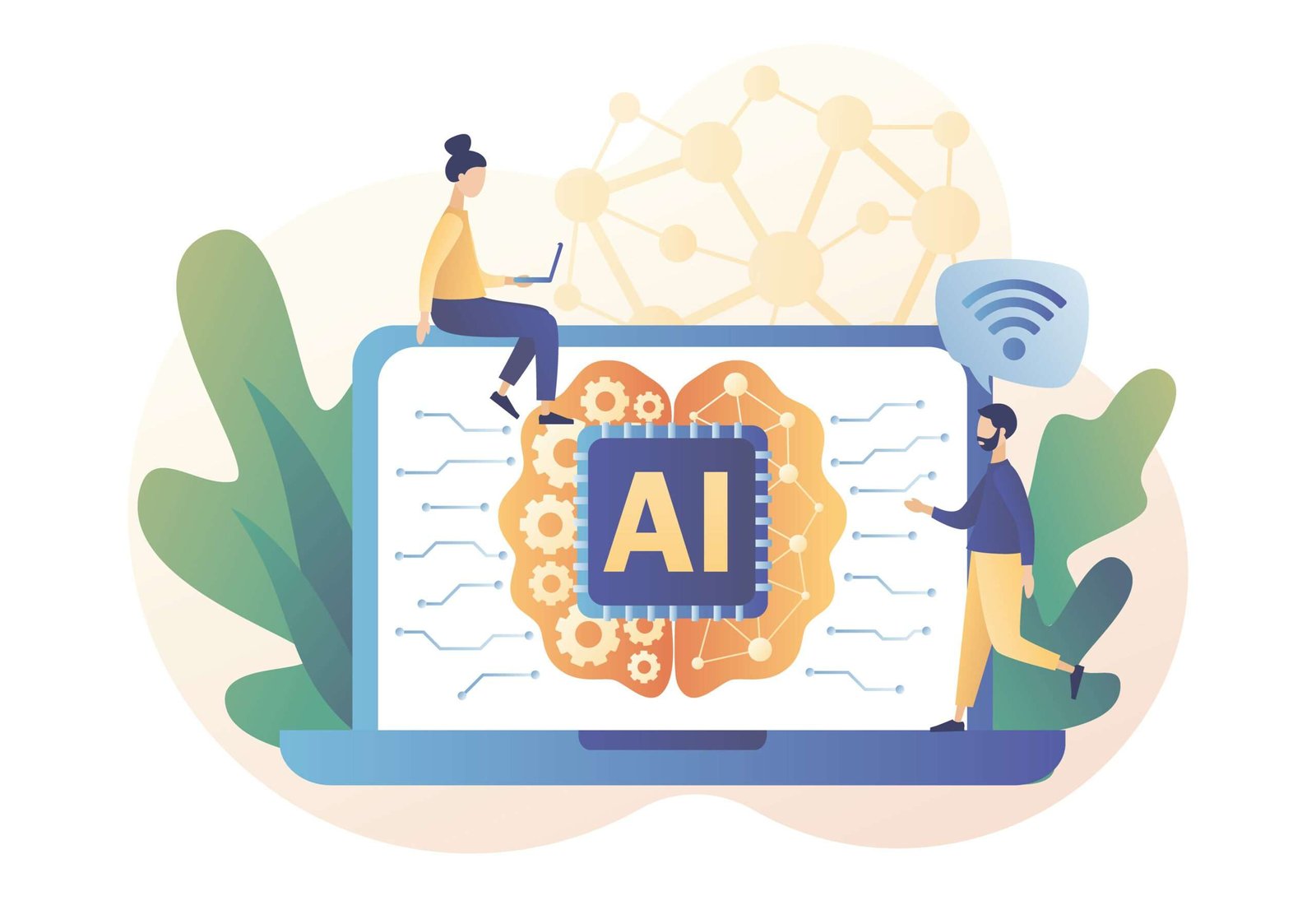How to Prepare Your Organization for the Generative AI Era

Generative AI is no longer a futuristic concept. Instead, it’s a rapidly evolving technology that’s revolutionizing various industries. According to Avanade’s Generative AI Readiness Report, organizations must start preparing now to harness the transformative power of this technology. In this blog post, we will delve into expert insights from the report and provide additional value through a broader understanding of generative AI. We’ll discuss actionable steps for organizations to get ready for this innovation. Through these insights, you can better navigate the changing landscape and remain competitive.
Generative AI: An Overview
Generative AI refers to artificial intelligence capable of creating content, including text, images, and sounds. Unlike traditional AI, which relies on predefined rules, generative AI learns to generate new data based on existing datasets. It opens up new avenues for creativity and efficiency. Consequently, organizations must understand its implications and develop strategies for integration.
Avanade’s Report Insights
Avanade’s report highlights the readiness levels of various organizations for generative AI. The report identifies the main challenges companies face, including:
- Data Quality
- Infrastructure
- Employee Skillsets
- Ethical Considerations
Moreover, the report stresses the importance of a strategic approach in adopting generative AI. Understanding these factors can help businesses mitigate risks and leverage opportunities.
Evaluating Organizational Readiness
To prepare for generative AI, organizations first need to evaluate their current state. This approach involves assessing several essential areas:
Data Quality and Availability
High-quality, accessible data is the backbone of any successful AI initiative. Companies must ensure their data is not only vast but also clean and relevant. Data management tools and practices play a crucial role in this aspect.
Technological Infrastructure
AI requires robust infrastructure to process and analyze data efficiently. Consequently, businesses need to invest in scalable computing resources. Utilizing cloud solutions can provide the flexibility and scalability needed for AI projects. Additionally, regular technology audits can identify gaps and optimize infrastructure.
Employee Skillsets and Training
Employees must possess the skills to work with AI technologies. Therefore, companies should focus on training and upskilling. They can offer workshops, courses, and certifications related to AI and data science.
Ethical and Regulatory Considerations
The ethical implications of AI, such as bias and privacy concerns, are significant. Businesses need to establish clear guidelines and ethical frameworks. Moreover, staying updated on regulatory requirements is crucial. Companies can refer to resources like GDPR for guidance.
Actionable Steps for Implementation
Once an organization evaluates its readiness, the next step is implementing generative AI. Here are some actionable steps based on the insights from Avanade’s report:
Develop a Strategic Plan
Having a clear strategy is vital. Define objectives and map out how generative AI can achieve them. Align AI initiatives with business goals. Regularly review and adjust the strategy to stay relevant in a rapidly changing environment.
Invest in the Right Technologies
Choose technologies that match your organization’s needs. Ensure they are scalable and integrate seamlessly with existing systems. Leveraging cloud computing and modern AI platforms can provide the needed flexibility and power.
Foster a Culture of Innovation
Cultivating a culture that embraces change and innovation is essential. Encourage employees to experiment and think creatively. Provide them with the resources and support needed for innovation.
Focus on Continuous Learning
The field of AI is continually evolving. Therefore, continuous learning is essential. Encourage ongoing education through workshops, courses, and industry conferences. Keeping abreast of latest trends and technologies can provide a competitive edge.
Leveraging External Resources
Partnering with experts and utilizing external resources can significantly benefit an organization. Collaborating with academia, research institutions, and industry experts can bring fresh perspectives. Moreover, consider joining professional communities and forums focused on AI. External resources can provide valuable guidance, support, and insights.
Outbound Resource
For those looking to deepen their understanding of ethical considerations in AI, the GDPR website is an excellent resource.
Generative AI is poised to transform industries, and companies must prepare now. By assessing their data quality, technological infrastructure, employee skillsets, and ethical considerations, businesses can create a robust foundation for their AI initiatives. Furthermore, developing a clear strategic plan, investing in the right technologies, fostering a culture of innovation, and focusing on continuous learning are crucial steps. Therefore, organizations should leverage external resources to stay ahead. In conclusion, effective preparation can unlock the immense potential of generative AI, driving growth and innovation.
For more insights into how technology can transform your business, consider exploring other articles on digital transformation and cloud solutions.
